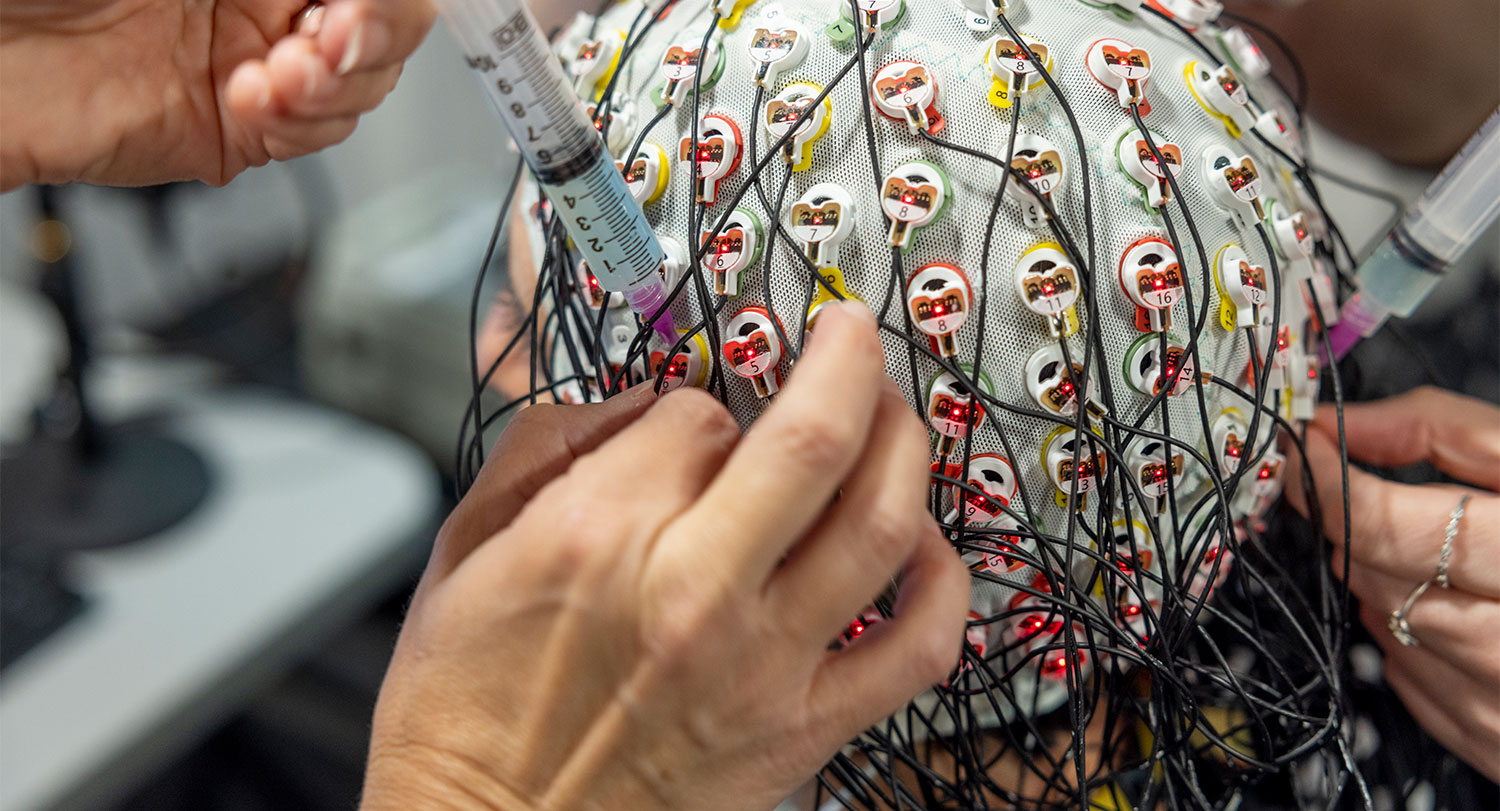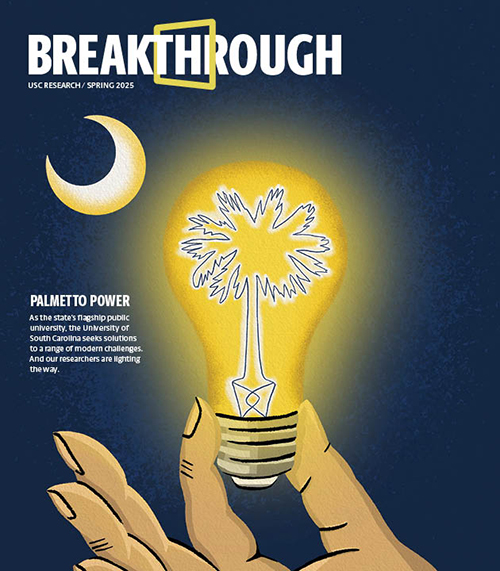
Research at South Carolina
Research is a learning tool of the highest order at the University of South Carolina. Discovery allows us to illuminate history, contextualize the present, and help plan for what’s to come.
Scientific research, scholarship and creative activity abound throughout USC. That focused presence within nearly all colleges, departments and campuses of the state’s flagship university is one reason USC has earned the top research designation from the Carnegie Foundation.
-
Future focused.
USC is home to interdisciplinary expert research teams that are exploring solutions to five scientific and societal challenges facing South Carolina. Their discoveries can have wider implications — benefitting any state grappling with these significant scientific and societal challenges.
Research Institutes -

-

-

-

-

Research Spotlights
-

Board of Trustees updated on USC's comprehensive brain health initiative
Sarah Kirby, USC’s associate vice president for clinical affairs, briefed the Board of Trustees on Friday (Feb. 20) on the university’s efforts to develop a comprehensive system of care that could transform health care in the state — a statewide network of brain health clinics, a brain health center and South Carolina’s first stand-alone neurological and rehabilitation hospital.
-

History doctoral student Kay Andrea documents the untold stories of women in motorcycling
When she’s not riding her Harley, Karan “Kay” Andrea explores the role women have played in motorcycle culture. The first-year Ph.D. student has also built a community where female motorcyclists can connect and develop confidence.
-

Finding new uses for old drugs
Longer lifespans mean more diagnoses of Alzheimer’s and other dementias. Researchers at USC’s College of Pharmacy are combining their expertise in data science, artificial intelligence and pharmacology to identify potential connections between existing treatments for chronic illnesses and neurocognitive disease.
-

Arnold School researcher studies how to improve food security through nutrition assistance programs
When a pediatrician told researcher Elizabeth Adams about the barriers patients faced while trying to access food, it sparked an idea. Now, Adams is leading a pilot study to test strategies for making healthy foods more accessible.

Let's build a better world.
The resources of the University of South Carolina are poised to address local and global challenges. We work with public and private collaborators to provide our researchers with the resources and infrastructure they need to make a difference.
Partnership Opportunities



